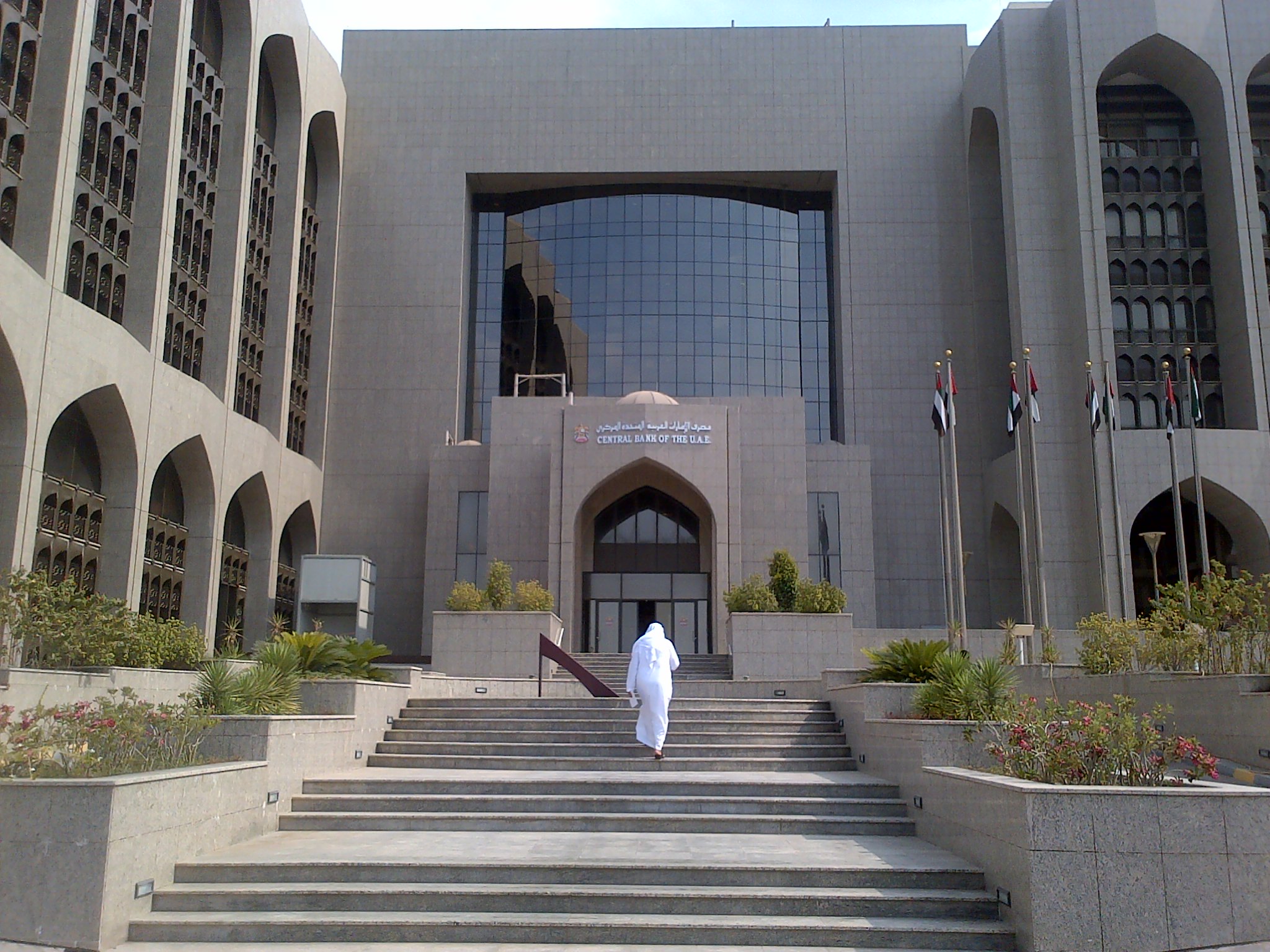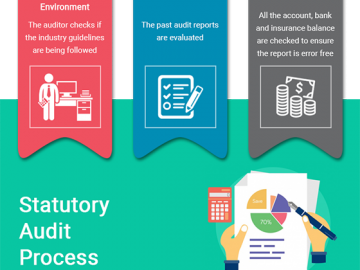
Central Bank of UAE

Central Bank provides the foundation of a country’s economy and contributes towards influencing and regulating the economy through various macro-economic and micro-economic tools at its disposal. One of the major tasks of the central bank is to regulate inflation and ensure price stability by controlling the money supply. It also serves as the lender of last resort for the banking industry. The apex bank oversees the monetary system, establish currency stability, control inflation, and indirectly encourage employment.
The Central Bank of UAE is the state institution’s responsibility to regulate the banking industry, managing and maintaining the stability of the currency and its peg, as well as overall monetary policy. It ensures the promotion and protection of financial system in the federation, including prudent management of Central Bank Reserves. The predecessor for the Central Bank of UAE was the Currency Board established in May 1973. It was mandated to manage the currency and the country’s gold and foreign exchange reserves but did not have regulatory authority and was not empowered to manage the UAE’s monetary policy. The Union Law No (10) of 1980 saw the establishment of the Central Bank of the UAE as a public institution. The Law No (10) also augmented the functions of the Central Bank previously assigned to the Currency Board. Central Bank branches across the emirates help provide local support to banking institutions as part of their responsibilities.
The Central Bank of the UAE has powers to issue and manage the currency, to ensure the stability of the currency, to manage the UAE’s credit policy, to develop and oversee the banking system in the UAE, to act as the Government’s banker, to provide monetary and financial support to the Government, to manage the UAE’s gold and currency reserves; to act as the lender of last resort to banks operating in the UAE; and to represent the UAE in international institutions such as ;
I HYPERLINK “https://en.wikipedia.org/wiki/International_Monetary_Fund”nternational Monetary Fund, the World Bank and the Arab Monetary Fund. Key departments of the Central Banking of UAE include:
Banking Supervision and Examination Department are responsible for regulatory oversight of the UAE banking industry. A significant part of the department is located in the Bank’s Dubai office since the banking industry in the UAE is largely concentrated in this city. The scope of its regulatory mandate includes local banks, foreign banks operating in the UAE as well as finance companies, exchange houses, payment service providers (PSP), and non-banking financial institutions (NBFI’s), including financial advisory practices. They issue licenses to banking institutions, establish the necessary regulatory framework and guidance, and coordinate with international banking bodies like Bank of International Settlement, Financial Action Task Force, International Monetary Fund, and World Bank.
Banking Operations Department is responsible for managing the UAE Currency Dirham, issuance of commemorative coins, manage current accounts of federal and state institutions, regional and international institutions. They also manage payment, clearing, and settlement systems of Central Bank and transactions with other banking entities. They coordinate the facilitation of the domestic financial market infrastructure for cross-border remittances through international payment systems including correspondent banking.
Research and Statistic Department responsibilities include publishing high-quality data reports around economic research also supports the UAE national agenda, by collaborating with the national stakeholders at the federal and local levels, as well as with regional and international organizations to safeguard the reputation of the UAE and improve its rankings in international competitiveness indicators. They ensure compilation and dissemination of Monetary, Banking, and External Sector statistics, including monthly statistical reports that capture the largest share of the financial sector regulated by CBUAE.
Consumer Protection Department ensures customer rights are upheld against financial misconduct through robust policy-making, compliance monitoring, and tracking complaints resolution.
UAE Central Bank has set an exemplary track record with its timely and critical intervention as a lender of last resort to ensure economic and monetary stability since inception. In light of the unprecedented Covid-19 pandemic, the Central Bank of UAE has been pro-active by helping the financial system to endure the liquidity and credit crunch with the launch of Targeted Economic Support Scheme (TESS) in March 2020 of AED 256 Billion across in form of liquidity and capital support in addition to relaxation of several regulatory ratios like reserve ratio, liquidity coverage, and net stable funding ratio. An overnight funding facility also has been recently launched to support banks for short-term liquidity management as part of the Dirham Monetary Framework. UAE is a young but proud nation and likes to be economically self-sufficient, hence a pragmatic and responsible central bank like CB UAE has not just ensured a sound banking system but also promises a stable economic future for the UAE.
Recognizing the role of SMEs in the economic development of UAE and the region, Quantum Auditing has empaneled with leading banks and financial institutions regulated by the CB UAE, which provide a wide range of banking and financial services to help SMEs grow beyond their potential.
































